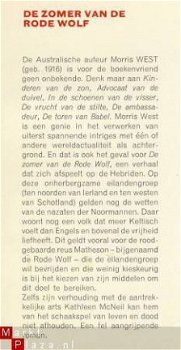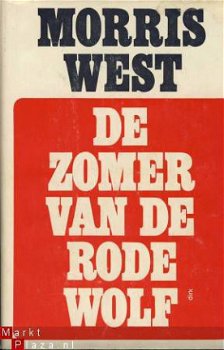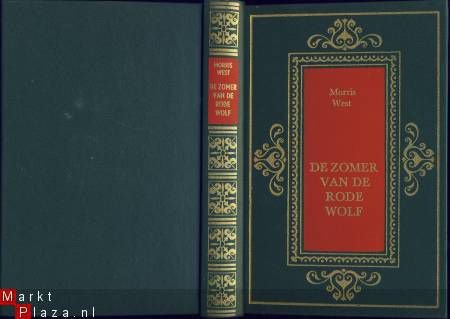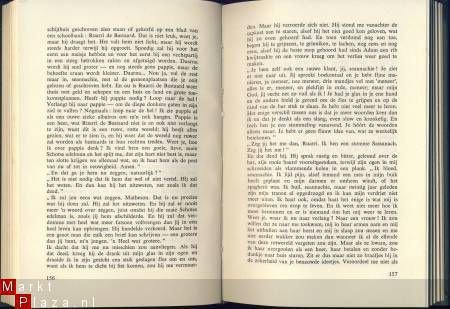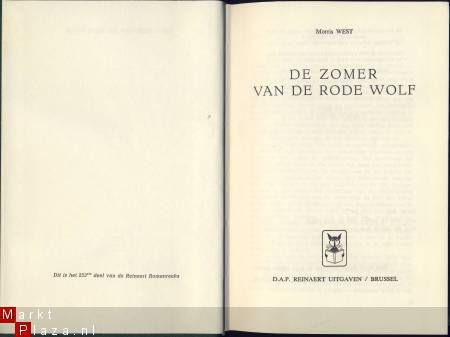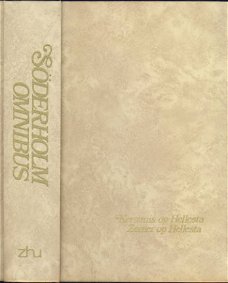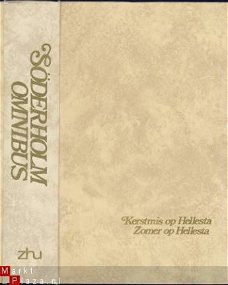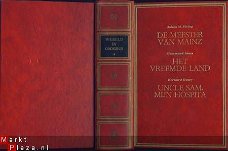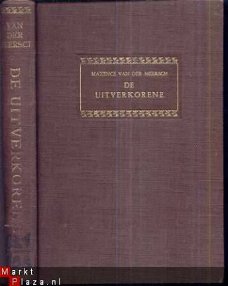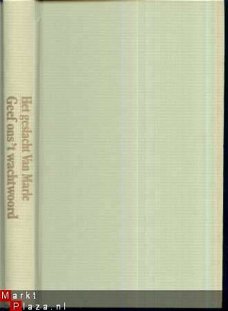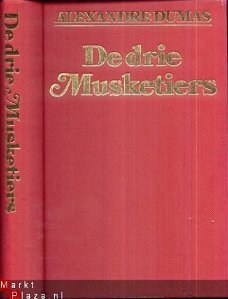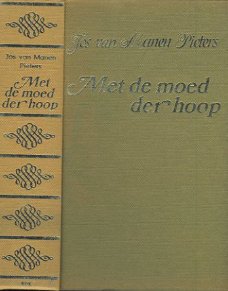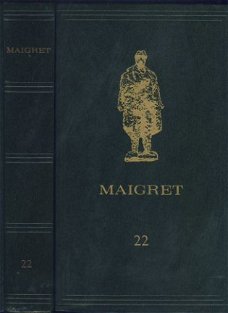
MORRIS WEST**DE ZOMER VAN DE RODE WOLF*SUMMER OF THE RED WOL
Kenmerken
- Conditie
- Gebruikt
- Levering
- Niet van toepassing
Omschrijving
MORRIS WEST
**DE ZOMER VAN DE RODE WOLF**
*SUMMER OF THE RED WOLF*
VERTALING: P. VAN ANTWERPEN.
D.A.P. REINAERT HARDCOVER UITGAVEN.
+ LOSSE DUST-JACKET!!
ARTIKEL INVENTARIS CODE 4.175
FORMAAT 194 X 131 X 27 + 315 PGS + 415 GRMM.
VERZENDING IN BELGIE 3,95 EURO NR NEDERLAND 8,50 EURO
Morris Langlo West (26 April 1916 - 9 October 1999) was an Australian novelist and playwright, best known for his novels The Devil's Advocate (1959), The Shoes of the Fisherman (1963), and The Clowns of God (1981). His books were published in 27 languages and sold more than 60 million copies worldwide. Each new book he wrote after he became an established writer sold more than 1 million copies.[1]
His works often were focused on international politics and the role of the Roman Catholic Church in international affairs. One of his most famous works, The Shoes of the Fisherman (1963), envisioned the election and career of a Slavic Pope, 15 years before the historic election of Karol Wojtyła as Pope John Paul II.
He was born in St Kilda, Victoria and attended Christian Brothers College, East St Kilda. He graduated from the University of Melbourne in 1937, and worked as a teacher in New South Wales and Tasmania. He spent 12 years in a monastery of the Christian Brothers, taking annual vows, but left in 1941 without taking final vows. That same year, he married (this first marriage did not survive), and enlisted in the Royal Australian Air Force. He was seconded from the RAAF to work for Billy Hughes for a time. After making a name in producing radio serials, he left Australia in 1955 to write, and lived in Austria, Italy, England and the United States, finally returning to Australia in 1980. During this time he had a stint as the Vatican correspondent for the Daily Mail.[2] His son, C. Chris O’Hanlon, said that he spent his first 12 birthdays in 12 different countries. [3]
West was awarded the 1959 James Tait Black Memorial Prize for The Devil's Advocate. In the early 1960s, he helped found the Australian Society of Authors.[1] He presented the 1986 Playford Lecture.[4]
In 1993, he announced that he had written his last book, and a formal valedictory dinner was held in his honour. However, he found he could not retire as he had planned, and wrote a further three novels and two non-fiction books.[5]
Morris West died while working at his desk on the final chapters of his novel The Last Confession, about the trials and imprisonment of Giordano Bruno, who was burned at the stake for heresy in 1600. Bruno was a figure with whom West had long sympathized and even identified. In 1969 he had published a blank-verse play The Heretic on the same subject. This was staged in London in 1970.[6]Of all his writings, he said this play had "the most of me in it"[7]. In 1998 he converted it into a libretto for an opera, which was set to music by Colin Brumby, but it has not been staged.[5] In early 1999 he also contemplated a film script based on the play. [7] He wrote The Last Confession in the form of the diary that Bruno might have written knowing that execution was approaching. The diary was intended to cover the period 21 December 1599 to 17 February 1600, however it covers just 14 days; the entry West was writing when he died was dated 4 January 1600, and he had written only about half as much as he had intended. Nevertheless, the last paragraph he ever wrote was poignant: I can write no more today … who knows to what nightmares I might wake. West himself had had several severe heart attacks, and had undergone double-bypass surgery. [7] Murray Waldren writes: "This is a book written by a man aware death is imminent about a man aware execution is near". West’s family decided to publish it in 2000, in an incomplete form and without any editing, leaving readers free to imagine how the story might have ended. It has a foreword by Thomas Keneally, an editor’s note by his publisher Angelo Loukakis, and an epilogue co-written by his assistant Beryl Barraclough and his widow Joy West.
A major theme in much of West's work was a question: when so many organizations use extreme violence towards evil ends, when and under what circumstances is it morally acceptable for their opponents to respond with violence? He stated on different occasions that his novels all deal with the same aspect of life, that is, the dilemma when sooner or later, you’re faced with a situation where nobody can tell you what to do.[4]
He wrote with little revision. His first, longhand version was usually not far removed from the final, printed version. [5] Despite winning many prizes, being awarded honorary doctorates[8], his commercial success, and his skills as a master story teller, he has never won the acceptance of Australia’s literary clique. In the 1998 Oxford Literary History of Australia, it was stated that: "Despite his international popularity, West has been surprisingly neglected by Australian literary critics". The previous edition, edited by Dame Leonie Kramer, did not mention him at all. [1]
Personal life
West’s early first marriage did not survive. His second wife, Joy, gave him four children. One son, C. Chris O’Hanlon, born 1945, changed his name at the age of 26 as a gesture of independence. After starting four books in an attempt to live up to what he felt were his father’s expectations, and having to hand back the advances he received from publishers when he could not finish them, he realised that he was not destined to be a writer. O’Hanlon, who suffers from a severe bipolar disorder, founded Spike Wireless, a successful internet design house. [3]
West had re-married while his first wife, whom he divorced, was living. He fought for a church annulment of his first marriage. Although he was out of communion with the Roman Catholic Church for many years because of this marital situation, and while he had significant issues with the church’s teachings, he never saw himself as anything other than a deeply committed Catholic. [4] His wife said that he was a believer and attended Mass every Sunday.[5]
Bibliography
Fiction
Moon in My Pocket (1945) (using the pseudonym "Julian Morris")
Gallows on the Sand (1956)
Kundu (1956)
The Big Story (1957)
The Second Victory (1958)
McCreary Moves In (1958, using the pseudonym "Michael East")
Backlash (1958)
The Devil's Advocate (1959)
The Naked Country (1960, using the pseudonym "Michael East")
Daughter of Silence (1961)
The Shoes of the Fisherman (1963)
The Ambassador (1965)
The Tower of Babel (1968)
Summer of the Red Wolf (1971)
The Salamander (1973)
Harlequin (1974)
The Navigator (1976)
Proteus (1979)
The Clowns of God (1981)
The World is Made of Glass (1983)
Cassidy (1986)
Masterclass (1988)
Lazarus (1990)
The Ringmaster (1991)
The Lovers (1993)
Vanishing Point (1996)
Eminence (1998), ISBN 0-7322-6704-8
The Last Confession (2000, posthumously published), ISBN 0-7322-6595-9
Drama
The Mask of Marius Melville (1945)
The Prince of Peace
Trumpets in the Dawn
Genesis in Juddsville
The Illusionists (1955)
The Devil’s Advocate (1961)
Daughter of Silence (1962)
The Heretic (1969)
The World is Made of Glass (1982)
Non-fiction
Children of the Sun - The Slum Dwellers of Naples (1957)
West, Morris (1996). A View from the Ridge: The Testimony of a Twentieth-century Pilgrim. Sydney: HarperCollins. ISBN 0-7322-5757-3.
West, Morris (1997). Images & Inscriptions. selected and arranged by Beryl Barraclough. Sydney: HarperCollins. ISBN 0-7322-5827-8.
Film adaptations
The Shoes of the Fisherman (1968)
The Devil's Advocate (1978)
The Naked Country (1984)
The Second Victory (1986)
Cassidy (1989)
